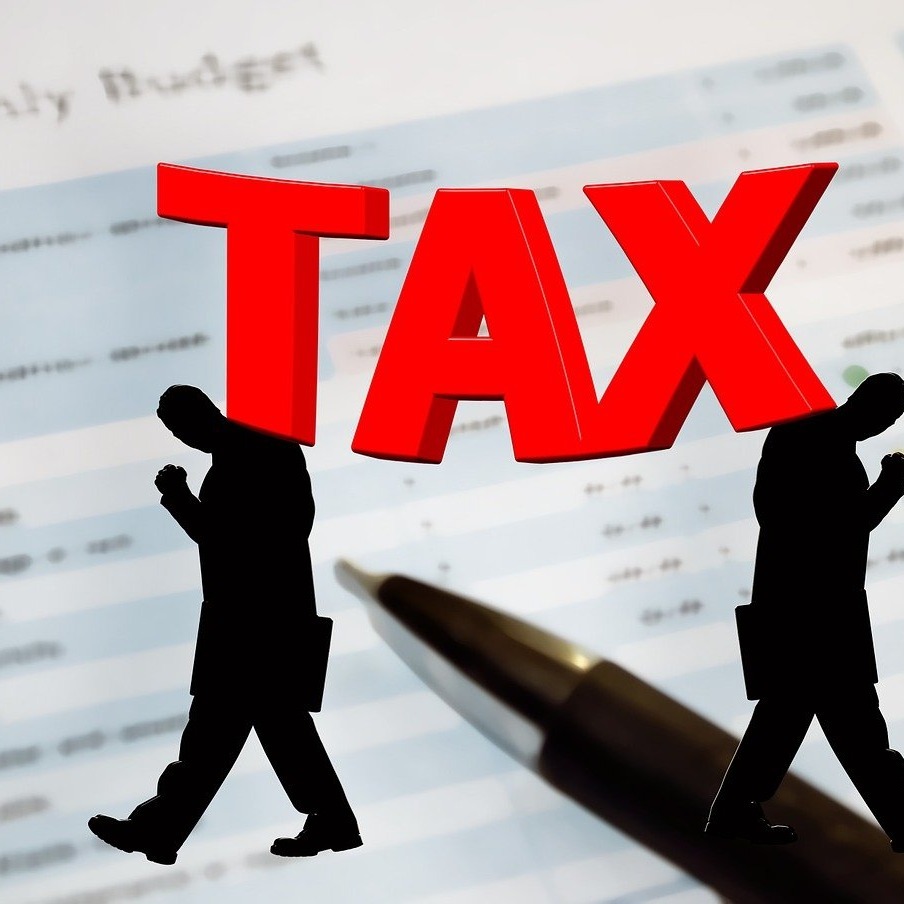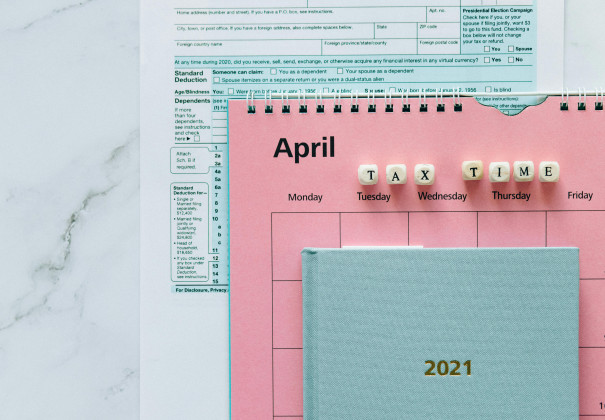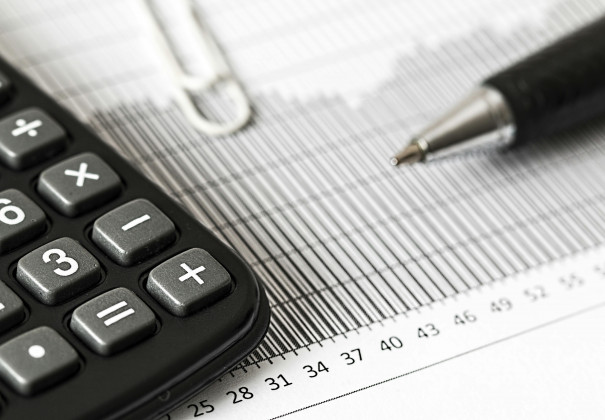Do you feel overwhelmed by your tax return? If so, you're not alone. Tax preparation can be a long, complicated process with layers upon layers of paperwork to go through and forms to fill out. You may be dreading bringing your taxes home, but even though it’s not pretty, taxes are actually quite simple once you know what information you need to provide and how to prepare your taxes. If you’ve been reading this article, then chances are you’re in the same boat as we were a year ago. You probably don’t want to do it again! How do you know if doing your taxes again is the right decision for you? Is it worth getting overwhelmed by paperwork and filled with anxiety? Do you really need all that Tax Prep Manual information? Let’s take a look at what information is necessary for taxes and filing online.
# Information Needed For Taxes and Filing - What You Should Know Before You Start
Do you feel overwhelmed by your tax return? If so, you're not alone.

Tax preparation can be a long, complicated process with layers upon layers of paperwork to go through and forms to fill out. You may be dreading bringing your taxes home, but even though it’s not pretty, taxes are actually quite simple once you know what information you need to provide and how to prepare your taxes.
If you’ve been reading this article, then chances are you’re in the same boat as we were a year ago. You probably don’t want to do it again! How do you know if doing your taxes again is the right decision for you? Is it worth getting overwhelmed by paperwork and filled with anxiety? Do you really need all that Tax Prep Manual information? Let’s take a look at what information is necessary for taxes and filing online.
What information is needed for taxes and filing?
When it comes to filing your taxes, gathering the necessary information is the first step towards a smooth and successful process.

Here are the key pieces of information you need to have on hand:
1. Personal Information: This includes your full name, social security number, and date of birth. Make sure to double-check this information for accuracy as any mistakes can lead to delays or rejection of your tax return.
2. Income Statements: Gather all of your income statements, such as W-2s for employment income and 1099s for self-employment income. These forms provide the details of your earnings and are essential for accurately reporting your income.
3. Deductions and Credits: Keep track of any deductions and credits that you may be eligible for, such as mortgage interest, student loan interest, or child tax credits. These can help reduce your tax liability and potentially increase your refund.
4. Bank and Investment Statements: Gather your bank statements and investment statements to report any interest income, dividends, or capital gains.

These documents provide an overview of your financial transactions throughout the year.
5. Health Insurance Information: If you had health insurance coverage through the marketplace, you will need Form 1095-A. If you had coverage through your employer or a government program, you will need Form 1095-B or 1095-C. These forms are necessary to verify that you had the required health insurance coverage.
6. Previous Year’s Tax Return: Having your previous year’s tax return on hand can be helpful, especially if you use the same tax software or if you need to reference any carryover amounts or other information from the prior year.
By gathering all of this information before you start preparing your taxes, you can avoid unnecessary delays and ensure that you have everything you need to accurately complete your tax return.
What you need to know before you start
Before diving into the tax preparation process, there are a few things you should know to make the experience as smooth as possible.
Here are some tips to keep in mind:
1. Understand Your Filing Status: Your filing status determines the tax rates and deductions available to you. Make sure you select the correct filing status based on your personal situation, such as single, married filing jointly, or head of household.
2. Choose the Right Tax Software: There are numerous tax software options available, ranging from free versions for simple returns to more robust options for complex situations. Research and choose the software that best fits your needs and budget.
3. Organize Your Documents: Keep your tax-related documents organized and easily accessible. Use folders or digital storage to store important documents, receipts, and statements. This will save you time and frustration when it comes time to prepare your taxes.
4. Stay Updated on Tax Law Changes: Tax laws are constantly changing, so it's important to stay informed about any updates that may affect your tax situation.
Consult reliable sources or seek professional advice to ensure you are aware of any changes that may impact your return.
5. Consider Hiring a Professional: If your tax situation is complex or if you simply prefer to have someone else handle your taxes, hiring a tax professional can be a wise decision. They can provide expert advice, help you maximize deductions and credits, and ensure your return is accurate and compliant.
By keeping these tips in mind, you can approach tax preparation with confidence and minimize any stress or confusion that may arise during the process.
6. Review and Double-Check: Before submitting your tax return, review all the information you've entered. Check for any errors or omissions to ensure the accuracy of your return.
7. E-File or Print and Mail: Once you're confident everything is correct, you can choose to e-file your tax return or print it out and mail it to the appropriate tax authority. Follow the software's instructions to complete this step.
By following these steps, you can streamline the tax preparation process and confidently file your taxes online. Just Call Kozi Checks and Balances and we will help you prepare. (913) 543-3903
Conclusion
Filing taxes may seem daunting, but with the right information and tools, it can be a manageable process. By gathering the necessary information, understanding the tax preparation process, and utilizing available resources, you can confidently navigate tax season and file your taxes accurately and on time.
Remember, if you ever feel overwhelmed or unsure, don't hesitate to seek professional advice or utilize free tax services in your community. With a little knowledge and preparation, tax season doesn't have to be a source of anxiety.
 Add Row
Add Row  Add
Add 




Write A Comment